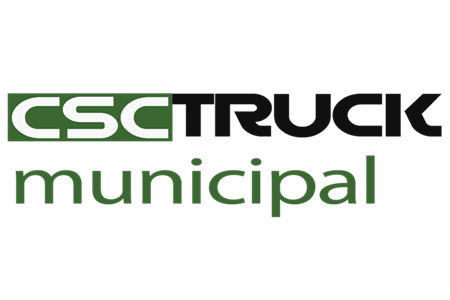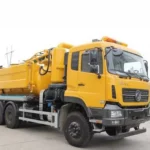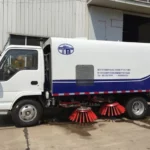Maintaining a vacuum sewer truck is crucial for the efficient operation of sewage systems in urban and rural areas. These versatile vehicles play a vital role in ensuring the safe and sanitary disposal of wastewater. To keep vacuum sewer trucks running smoothly, regular maintenance is essential. In this article, we’ll explore the key maintenance tips that are necessary to keep these trucks in top condition, ensuring they continue to perform their vital role in public sanitation.
The Importance of Vacuum Sewer Trucks
Vacuum sewer trucks are workhorses of modern sanitation systems, designed to transport and manage sewage efficiently. They are commonly used for various applications, including residential neighborhoods, industrial areas, and public events. Vacuum sewer trucks offer numerous benefits over traditional gravity sewer systems, such as lower installation costs and easier maintenance. This makes them a popular choice for many communities around the world.
However, these benefits come with the responsibility of proper maintenance. Neglecting maintenance can result in costly breakdowns, reduced efficiency, and, most importantly, public health hazards. To prevent such issues, let’s delve into the essential maintenance tips for vacuum sewer trucks.

1. Regular Inspection and Cleaning
Routine inspection and cleaning are the backbone of vacuum sewer truck maintenance. This involves checking all components for wear and tear, ensuring they are functioning correctly, and cleaning out any debris that may have accumulated in the system. Vacuum sewer trucks are prone to clogs, which can hinder their performance. Regular cleaning helps prevent these blockages and ensures efficient operation.
2. Lubrication and Fluid Checks
Proper lubrication is essential to keep the moving parts of a vacuum sewer truck functioning smoothly. Regularly lubricate components like vacuum pumps, bearings, and hoses to reduce friction and prevent premature wear. Additionally, check and top up fluids such as hydraulic oil, engine oil, and coolant to maintain optimal performance.
3. Filter Replacement
Vacuum sewer trucks use filters to separate sewage from liquid. These filters require regular replacement to maintain the vehicle’s efficiency. A clogged or damaged filter can lead to reduced suction power and a less effective vacuum system. Be sure to follow the manufacturer’s recommendations for filter replacement intervals to keep your truck in peak condition.
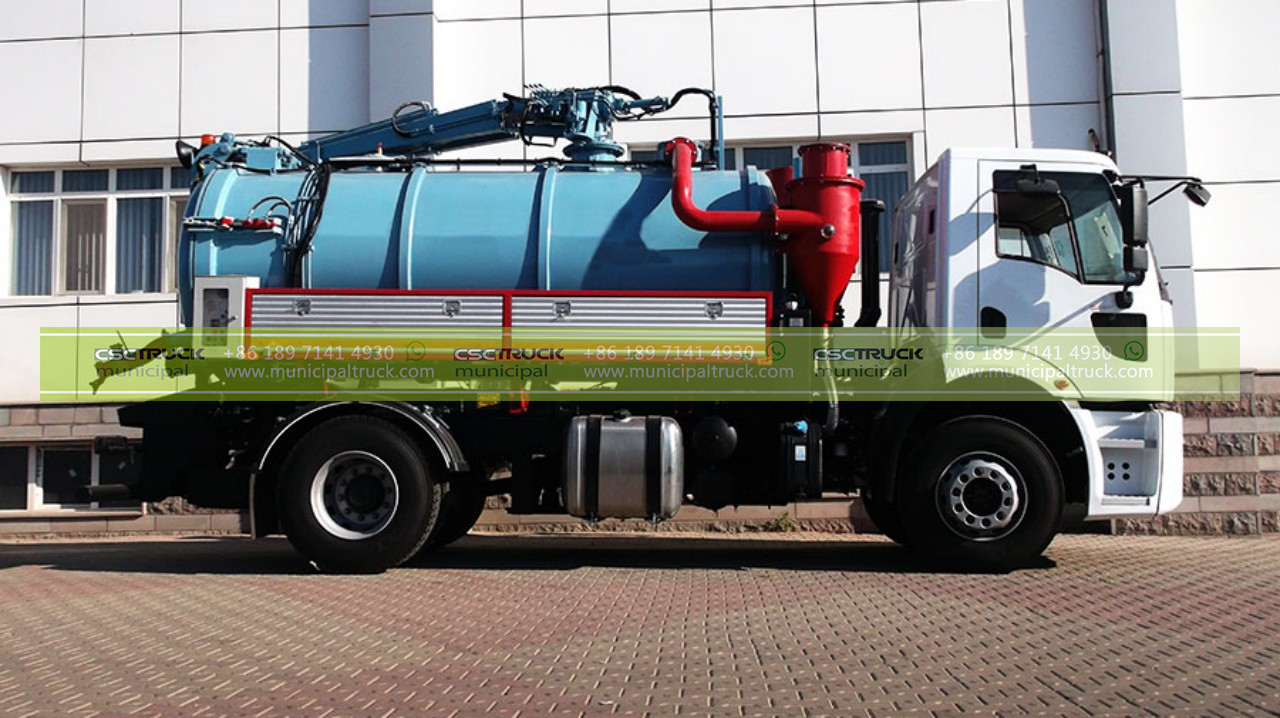
4. Tank Inspection and Maintenance
The truck’s tank is a critical component, and it should be regularly inspected for signs of damage or corrosion. Ensure that the tank is thoroughly cleaned after each use to prevent odors and contamination. Additionally, inspect the tank’s interior for any signs of wear and tear, and make necessary repairs promptly to prevent leaks or structural damage.
5. Hose Maintenance
The hoses on a vacuum sewer truck are subjected to a great deal of stress and strain. Inspect them regularly for signs of wear, cracking, or damage, and replace any compromised hoses immediately. Properly maintained hoses are essential for efficient waste suction and transport.
6. Tire Care
Tire maintenance is often overlooked but is vital for the safety and stability of the vehicle. Check the tire pressure regularly and ensure they are at the manufacturer’s recommended levels. Overinflated or underinflated tires can affect the truck’s handling and fuel efficiency. Also, inspect the tires for signs of wear and replace them when necessary to maintain roadworthiness.
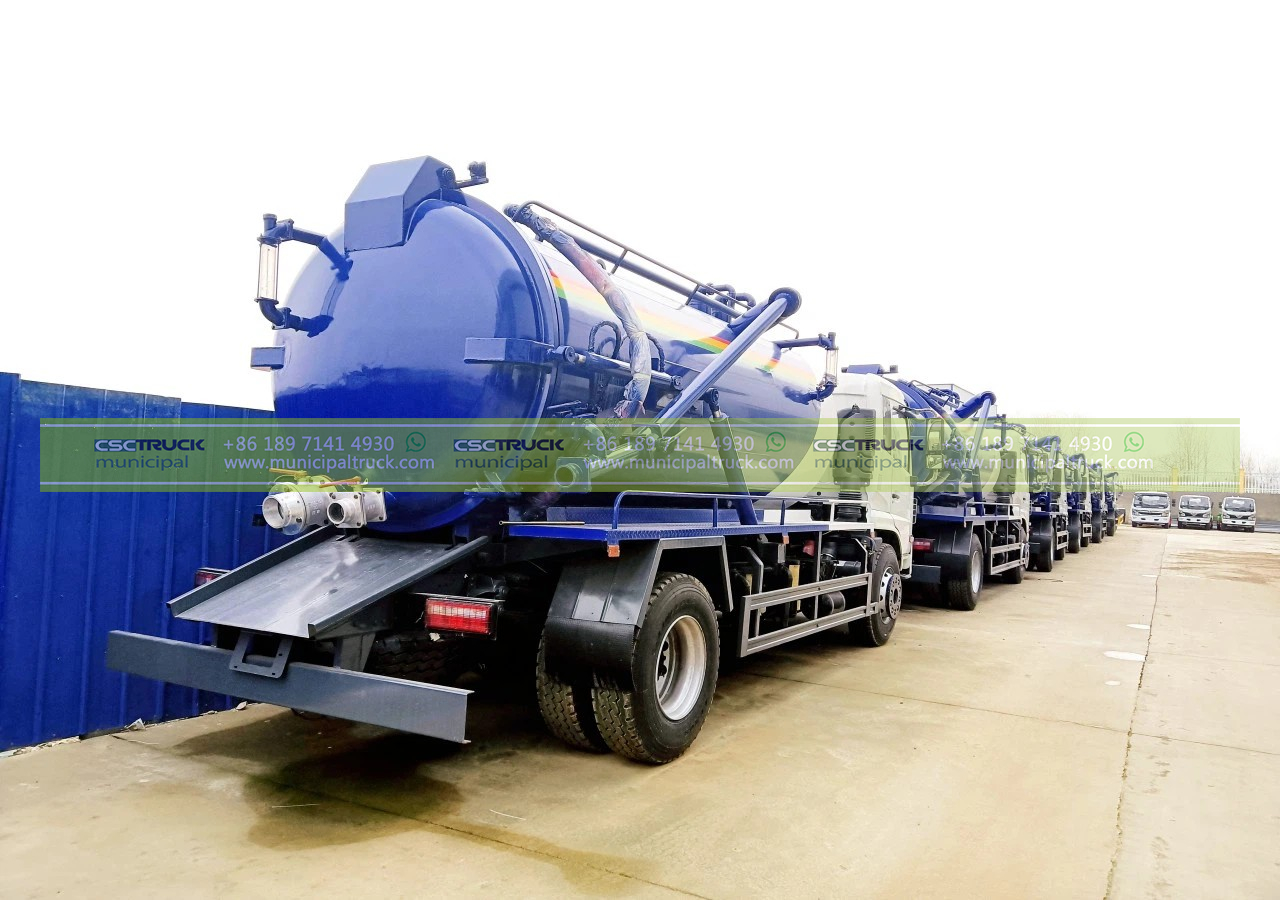
7. Electrical System Inspection
Modern vacuum sewer trucks are equipped with a variety of electrical components, such as sensors, control panels, and lighting. Inspect the electrical system regularly to ensure all components are functioning correctly. Address any issues promptly to avoid electrical failures that could disrupt the operation of the truck.
8. Safety Systems Checks
Safety is paramount when it comes to vacuum sewer truck maintenance. Ensure that all safety systems, such as emergency shut-off switches and alarms, are in working order. Regularly test these systems to verify their functionality and replace any malfunctioning parts immediately.
9. Training and Skill Development
Proper maintenance of vacuum sewer trucks is not only about the physical components but also about the people operating and maintaining them. Invest in training and skill development for your maintenance team. Knowledgeable technicians can identify issues early, perform necessary repairs, and prevent more significant problems from developing.
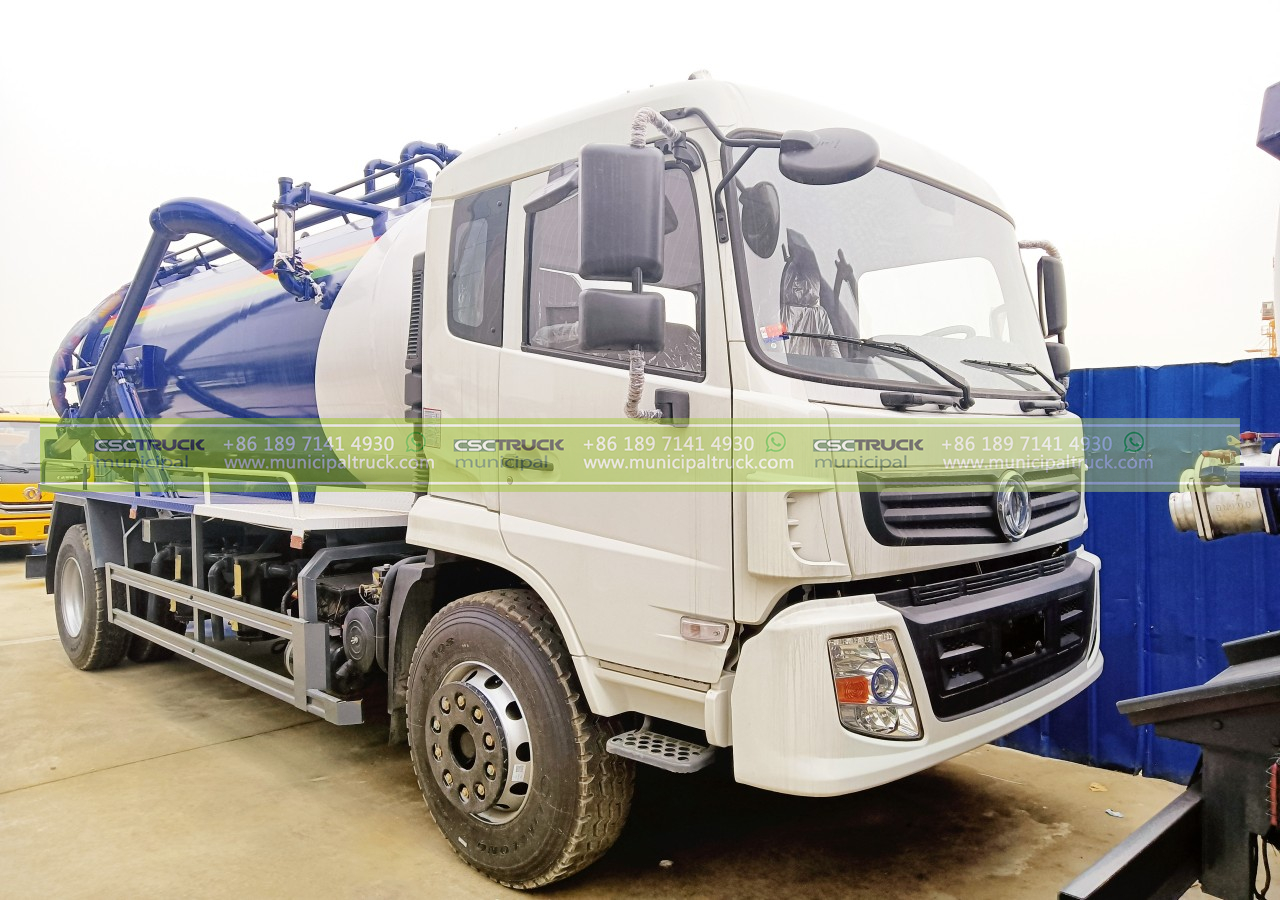
10. Keep Detailed Records
Maintaining detailed records of all maintenance and repairs is essential. This includes keeping track of the dates of inspections, services, replacements, and repairs. These records can help in identifying maintenance patterns, forecasting future maintenance needs, and ensuring compliance with regulations.
11. Environmental Considerations
Sewage disposal is a sensitive matter, and vacuum sewer trucks must adhere to strict environmental regulations. Ensure that your truck’s emission controls are functioning correctly to minimize pollution. Additionally, be aware of the proper disposal methods for waste and ensure that your operation is environmentally responsible.
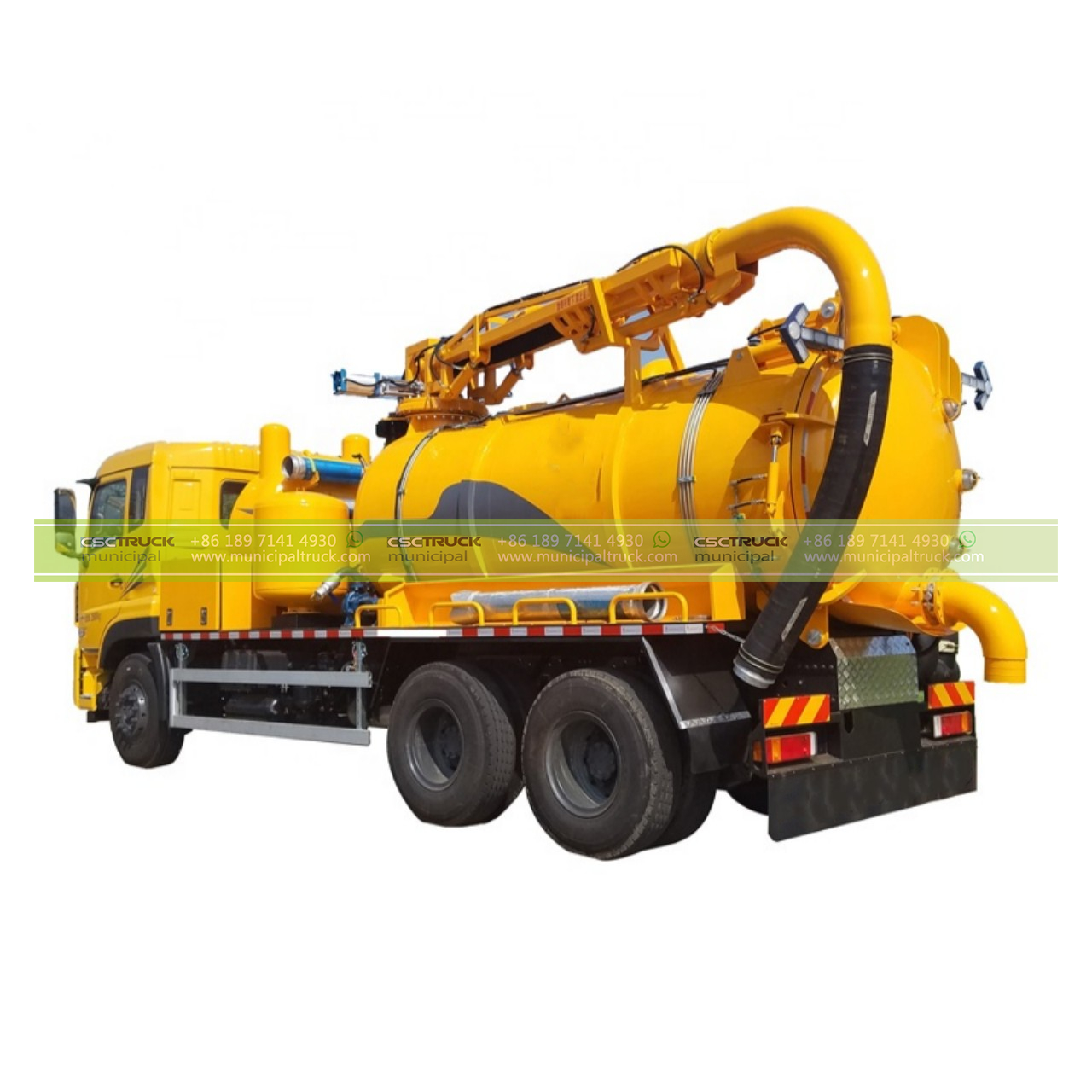
Conclusion
Vacuum sewer trucks are indispensable for maintaining public sanitation and wastewater management. Proper maintenance is crucial to ensure these vehicles operate efficiently and reliably. Regular inspections, cleaning, lubrication, filter replacement, and other maintenance practices are essential to avoid costly breakdowns and potential public health hazards. Investing in training, documentation, and environmental responsibility will help ensure the long-term effectiveness of your vacuum sewer truck fleet. By following these maintenance tips, you can keep these essential vehicles in peak condition, contributing to a cleaner and safer environment for all.
Contact us for this municipal truck or similar trucks: [email protected] Call us or What's APP us: +86 189 4292 3930
